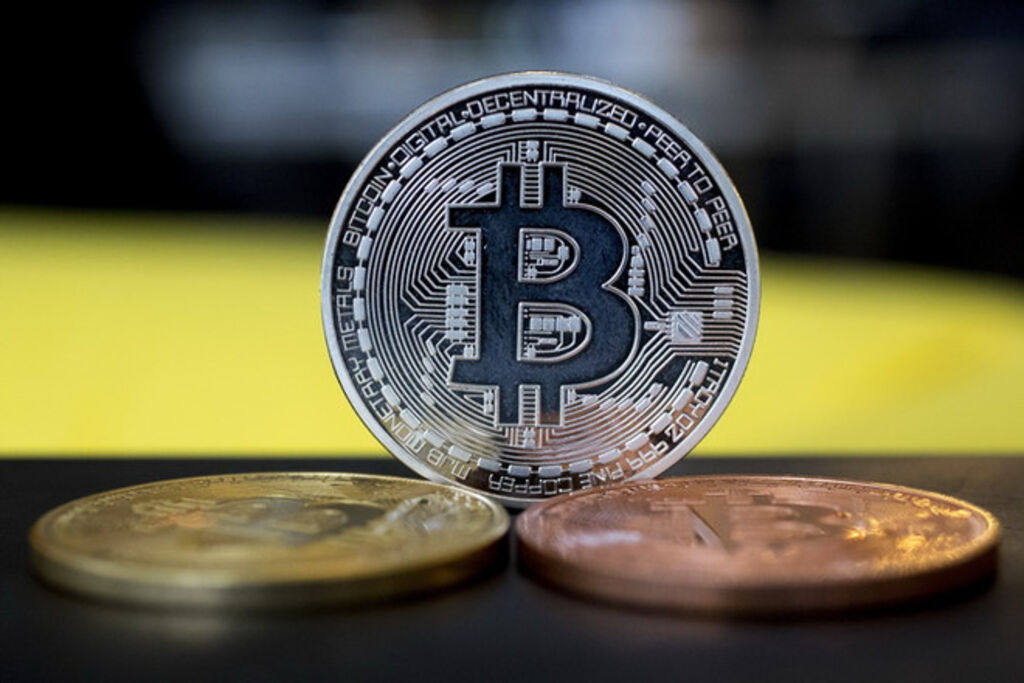 |
| Vietnam’s approach to crypto-asset regulation reflects a broader policy orientation: to facilitate innovation while maintaining regulatory prudence__Photo: AFP |
With the National Assembly’s adoption of the Law on Digital Technology Industry on June 14, Vietnam has taken a significant legislative step toward regulating the crypto-asset market. Amid accelerating digital asset trading activities, driven by increased participation of investors, financial institutions, and technology firms, the need for a coherent legal framework has become increasingly urgent. Legalizing this nascent sector will not only protect individuals from fraud but also create new investment channels, facilitate capital mobilization for enterprises, and generate tax revenue for the State.
First-ever Law on Digital Technology Industry in the world
The passage of the Law on Digital Technology Industry marks a milestone as Vietnam became the first country in the world to adopt a law exclusively dedicated to the digital technology industry. The Law introduces, for the first time, a definition and legal framework for digital assets, encompassing both crypto assets and virtual assets, categorized according to their functions and underlying technologies.
To balance innovation with risk control, the Law assigns the Government to formulate and promulgate detailed regulations governing the use, trading, and management of digital assets. These implementing instruments are intended to ensure flexibility, and align with international standards, while still reflecting the practical realities of Vietnam’s digital economy.
At the Vietnam Investment Forum 2025: Mid-Year Update held on June 3 in Hanoi, Mai Huy Tuan, CEO of SSI Digital, remarked that once the regulatory framework is fully in place, Vietnam’s crypto-asset market could witness rapid expansion, especially if accompanied by effective mechanisms to attract capital from domestic investors.
Draft resolution on pilot crypto-asset market
Complementing the new law, the Ministry of Finance has recently released a draft resolution on developing a pilot crypto-asset market in Vietnam, with a key provision on criteria for licensing crypto-asset exchange operation services in Vietnam.
Under the draft, an exchange operator must have at least VND 10 trillion in actual paid-in charter capital. Of this amount, at least 35 percent must be contributed by a minimum of two institutions operating in the sectors of banking, securities, fund management, insurance, or technology. The remaining 65 percent must also come from institutional rather than individual investors.
According to To Tran Hoa, Deputy Director of the Securities Market Development Department under the State Securities Commission (SSC), these requirements are designed to ensure that only well-capitalized, technically capable, and compliant institutions may participate in the pilot phase. Such entities would be able to support crypto exchange operations immediately—without the need for additional investment, preliminary testing or other procedural steps.
While acknowledging that the adoption of regulations recognizing digital assets will generate substantial domestic investment resources, experts have cautioned that crypto assets remain a highly speculative field.
Doan Mai Hanh, Senior Director of Financial Market Sales and Proprietary Trading at Techcom Securities (TCBS), emphasized the range of risks, including price volatility, valuation challenges, cybercrime, and data security vulnerabilities, that continue to characterize digital asset markets globally.
Given these risks, Hanh underscored the importance of imposing strict prudential standards during the pilot phase. In her view, the inclusion of established institutions, including commercial banks, securities firms, insurance companies, fund management companies, and technology enterprises, is essential to reducing market instability and enhancing investor confidence.
In sum, Vietnam’s approach to crypto-asset regulation reflects a broader policy orientation: to facilitate innovation while maintaining regulatory prudence. The Law on Digital Technology Industry and the accompanying pilot resolution demonstrate a structured effort to gradually integrate digital assets into the formal financial system, under the close supervision of competent authorities.
As the legal framework evolves, Vietnam’s ability to strike a balance between fostering a dynamic crypto economy and ensuring financial stability will shape the long-term success of these emerging assets.- (VLLF)









